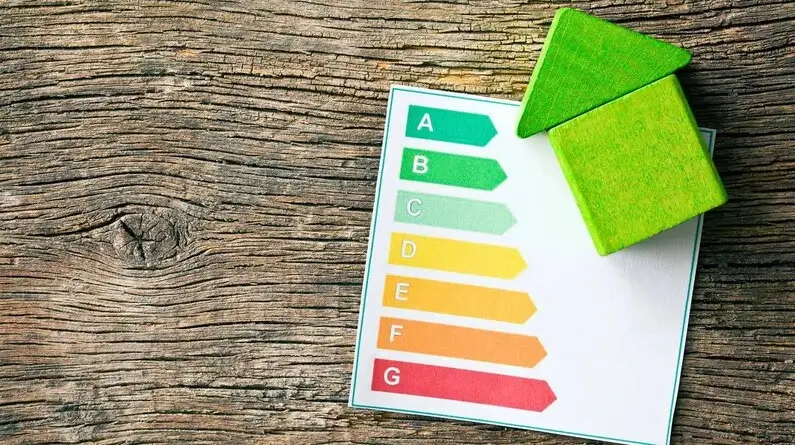What You Need to Know About EPC Duration and Renewal
If you own or manage a property — whether it’s a home, rental, or commercial building — you’ll likely need an Energy Performance Certificate (EPC) at some point. An EPC rates a property’s energy efficiency from A (most efficient) to G (least efficient) and is legally required for most properties being sold, let, or built in the UK.
But how long does an EPC last? When should you renew it? And what happens if it expires?
In this guide, we cover everything you need to know, whether you’re a homeowner, landlord, investor, or business owner.

How Long Does an EPC Last?
An EPC is valid for 10 years from the date it’s issued. This applies to both residential and commercial properties across England, Wales, and Northern Ireland. The certificate can be reused during that time — even across multiple sales or tenancies — as long as no major changes have been made to the property’s energy features.
However, while the certificate remains legally valid, the data within it may become outdated if improvements are made to the building. If you’ve added insulation, installed a new boiler, fitted double glazing, or upgraded lighting, the EPC may no longer reflect the property’s actual performance. In such cases, renewing early can be beneficial. Learn how to improve your EPC rating before renewing.
When Should You Renew an EPC Early?
Although an EPC remains valid for 10 years, renewing it sooner is often the better option if changes have been made to the property or your circumstances have shifted.
If you’ve carried out upgrades — such as insulation, window replacements, a more efficient heating system, or solar panel installation — your current EPC will no longer be an accurate reflection of the building. A higher rating on an updated certificate can boost the appeal of your property, support a better sale price, or justify a higher rental value.
If you’re planning to put the property on the market, it’s essential to check the certificate’s expiry. By law, an EPC must be available before the property is marketed. Renewing early prevents delays and ensures buyers or tenants have access to current, accurate energy information.
In addition, some financial products and grant schemes — such as green mortgages or the Great British Insulation Scheme — require a qualifying EPC rating. A new certificate that reflects recent improvements could help you unlock funding or access better lending terms. For current pricing, see our post on EPC costs in 2025.
Landlords should also be mindful of compliance. UK Minimum Energy Efficiency Standards (MEES) require all privately rented properties to meet at least an E rating. Letting a property with an F or G rating is prohibited unless an exemption has been formally registered. If your current EPC is approaching expiry or your previous rating was low, updating it may be essential to continue letting legally. See the full EPC rules for landlords.
What Happens If an EPC Expires?
Once expired, an EPC can no longer be used for legal transactions. You are not permitted to sell, let, or advertise a property without a valid EPC in place.
Failure to comply can lead to enforcement action and fines of up to £5,000, issued by local authorities or Trading Standards. Many estate agents and letting platforms will also block listings until a valid certificate is provided.
Even if you’re not actively marketing the property, having an up-to-date EPC ensures compliance and readiness should your plans change unexpectedly.
How to Check If Your EPC Is Still Valid
You can quickly check the status of any EPC using the official government EPC register. Search by postcode or property address to view your certificate, energy rating, and expiry date. If the certificate is missing, expired, or marked as “no longer valid,” you’ll need to arrange a new assessment.
Properties in Scotland have their own Scottish EPC register.
How to Renew or Update Your EPC
To renew an EPC, you’ll need a new assessment carried out by an accredited energy assessor. Domestic properties require a Domestic Energy Assessor; commercial buildings require a Non-Domestic Assessor.
The assessment involves a site visit to inspect key features of the property, such as insulation, heating, glazing, lighting, and any renewable systems like solar panels. The visit typically lasts from 30 minutes to a few hours, depending on the property size and complexity.
The data collected is used to calculate the property’s energy performance using government-approved software. Once the assessment is complete, the new certificate is uploaded to the national EPC register and remains valid for another 10 years.
To get the most accurate and favourable result, provide the assessor with any documentation you have on recent upgrades or improvements.
Need an EPC? Our network of qualified, independent energy assessors handle both domestic and commercial EPCs. Visit the Areas We Cover page to find your local assessor.
